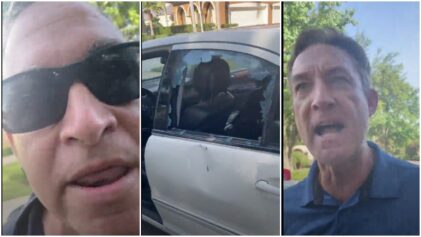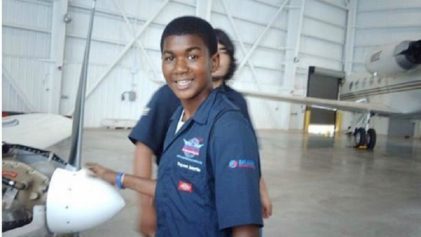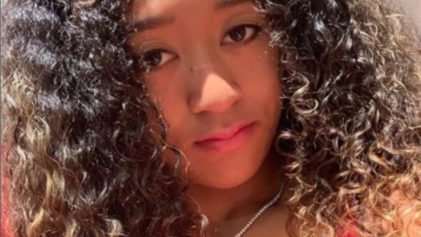The murder trial of George Zimmerman moved a key step closer to commencement today after the judge recounted the charges he is facing and prosecutors began asking broader questions to the 40 potential jurors.
“The object is to obtain a jury who will impartially try this case based on the evidence presented in the courtroom,” Judge Debra Nelson told the jurors, according to the Associated Press.
After Nelson told the jurors that Zimmerman was charged with second-degree murder for the killing of 17-year-old Trayvon Martin, prosecutor Bernie de la Rionda started asking individual jurors a series of general questions. He asked them about their lives, including how long they have lived in Florida, whether they supervised workers, if they had previously served on juries, whether they are married and what their spouses did for a living.
De la Rionda warned them that they needed to forget everything they knew about the case previously and base their decisions only on what they heard in the courtroom.
“What you heard and saw anywhere outside the courtroom can’t factor into your decision,” he said. “What you saw on TV or on the Internet or read or what the media said is completely irrelevant.”
The potential jurors are anonymous and the pool is fairly racially diverse. Twenty-seven of the potential jurors are white, seven are black, three are mixed race and three are Hispanic. Twenty-four are women and 16 are men. From this pool lawyers will select six jurors and four alternates.
The jury will be sequestered during the length of a trial expected to take at least two weeks.
As the potential jurors shared personal details about their lives during Wednesday’s questioning, it was revealed that several were involved with rescuing animals, while there was also a competitive arm-wrestler and a man who enters barbecue competitions.
One potential juror, a white man in his 50s, said he had enjoyed previously serving on a jury.
“Everybody hear that?” de la Rionda asked the jurors with a smile.
“It was one day. We weren’t sequestered,” the juror shot back.
A white woman in her 20s said she once “liked” a photograph of Martin on Facebook, while a white man in his 30s said he thought Zimmerman “sounded like a concerned neighbor” when he initially encountered Martin.
A middle-aged black man said he thought Martin’s death was “typical” of the history of violence he’s seen against black men in America, while another middle-aged black man said he didn’t agree with the racial connotations attached to the shooting and the protests that were held after it. He said the protests involving figures like the Rev. Al Sharpton and the Rev. Jesse Jackson were “saber-rattling.”
A Mexican national in his 40s said he had little knowledge of the case, but wanted to be on the jury as a way to serve his adopted country.
Each side has 10 preemptory challenges, also called strikes, which it can use to eliminate jurors and unlimited challenges for cause. After the preemptory challenges are exhausted, the jurors who haven’t been eliminated for cause will form the final jury.


